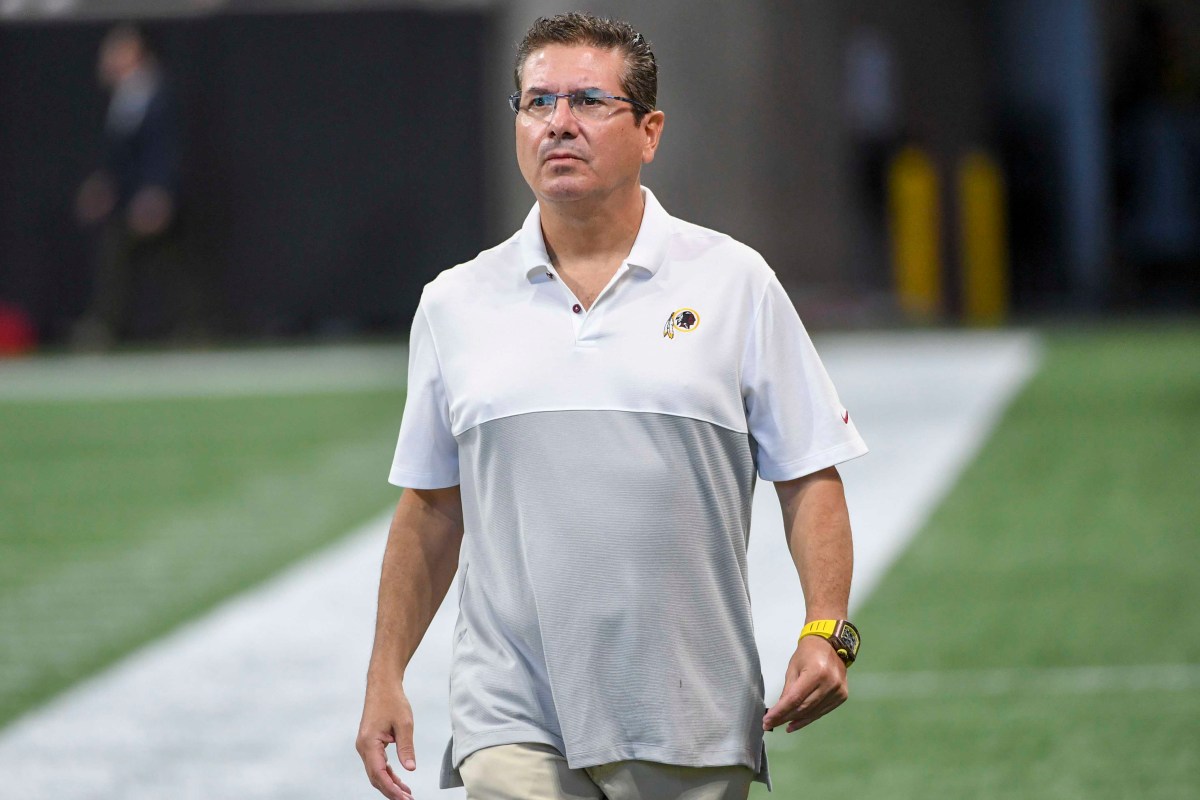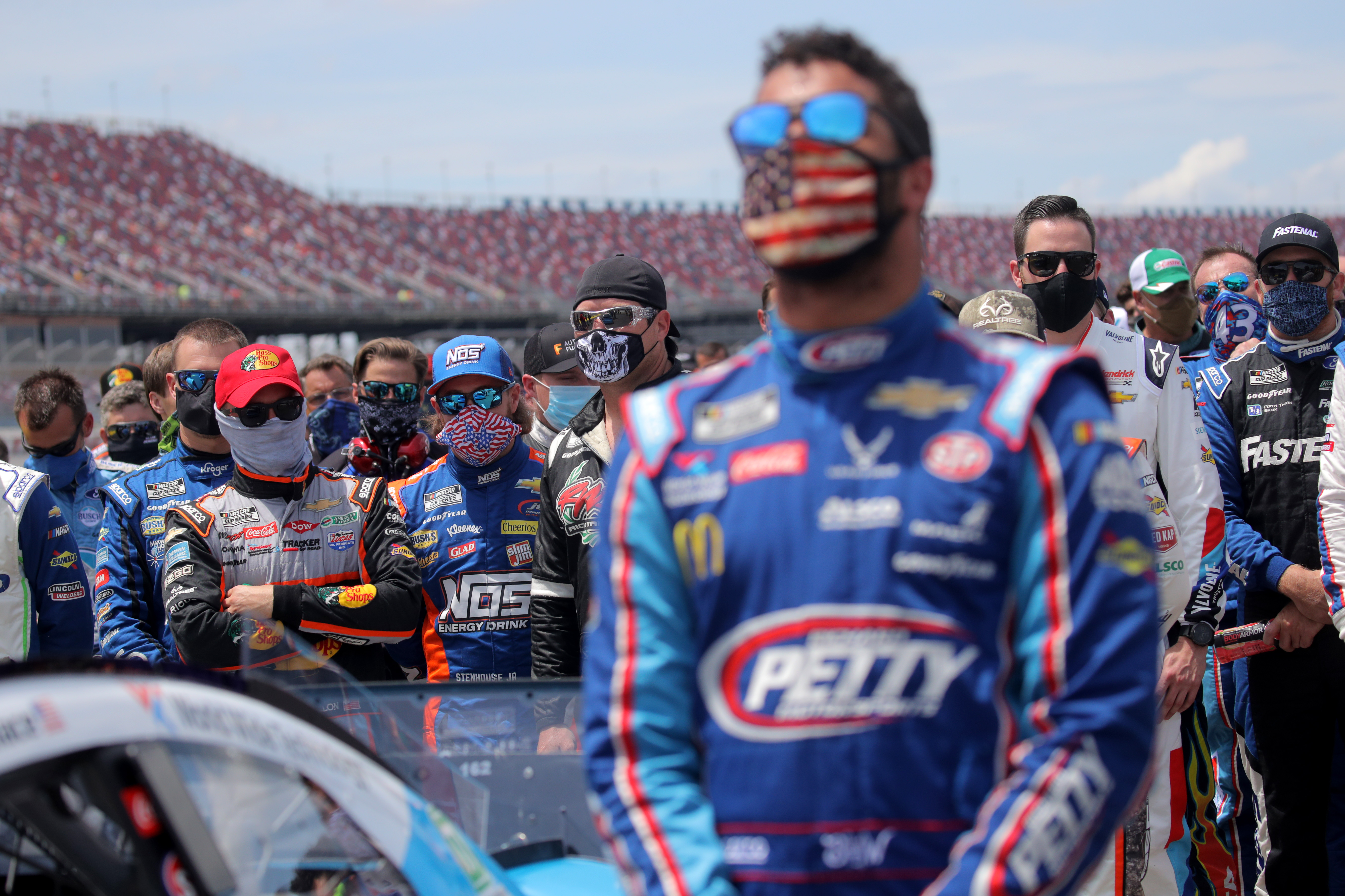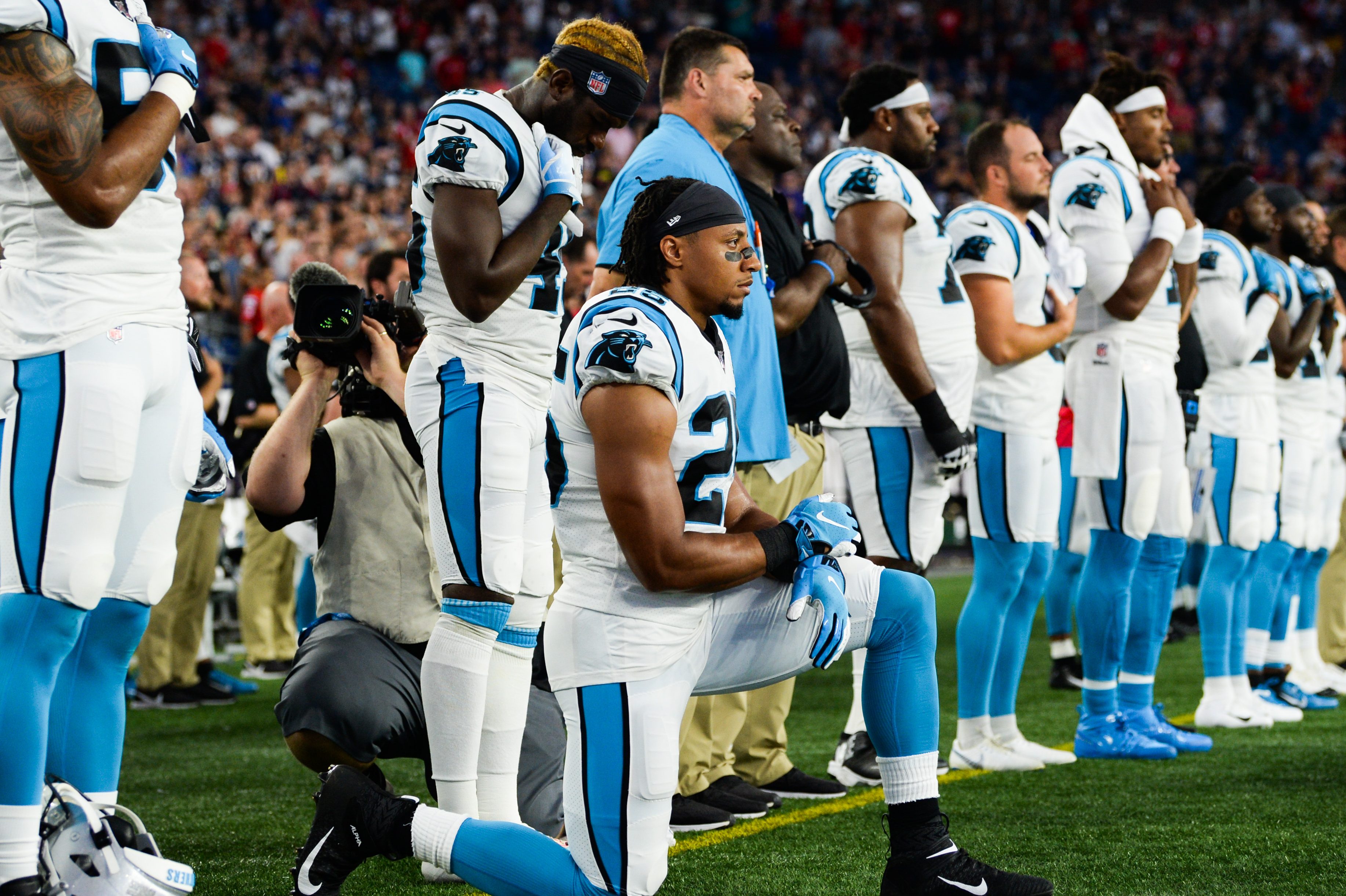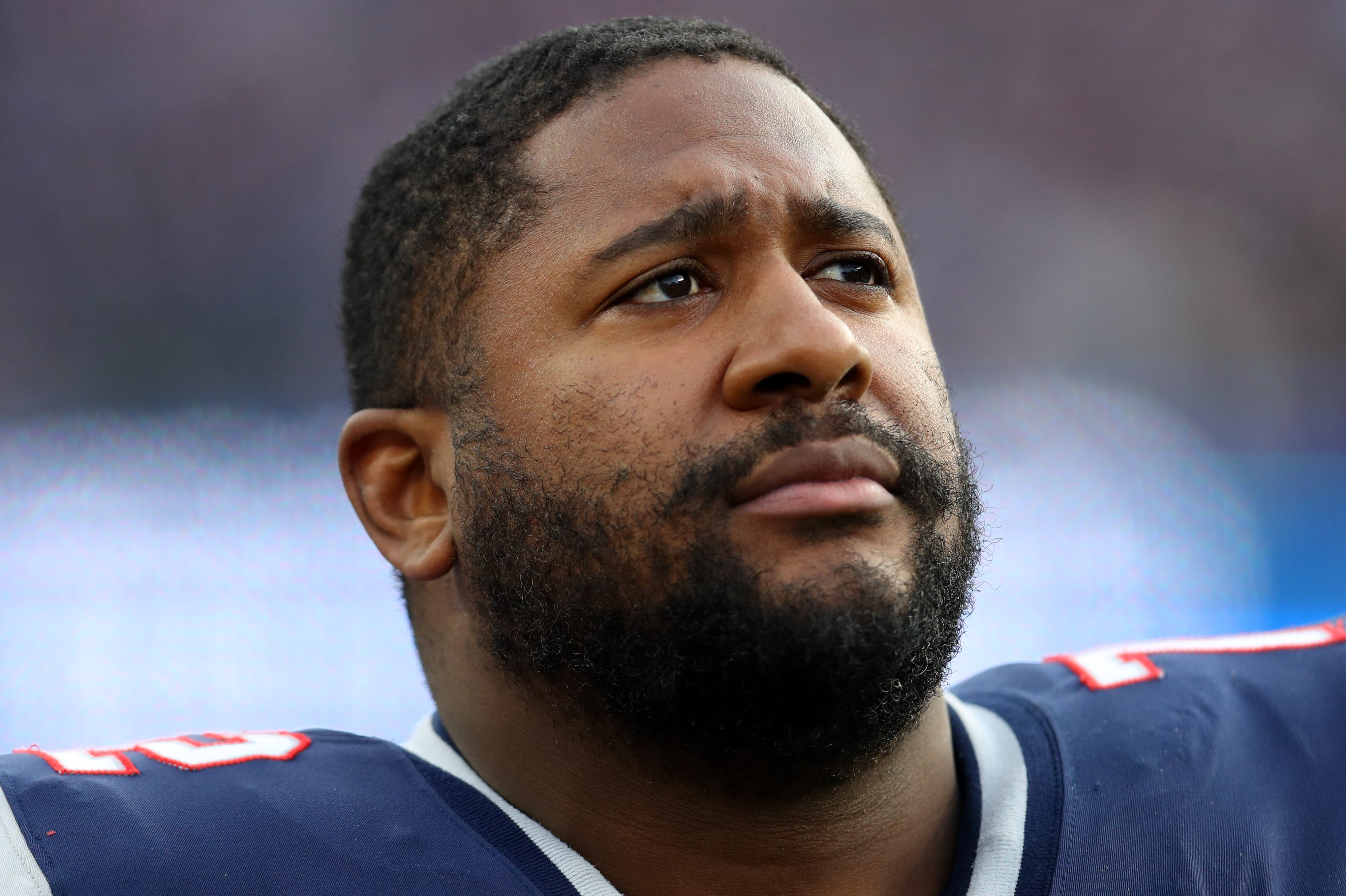Yesterday, Dan Snyder, the owner of the much-maligned NFL team that plays in Washington, DC, made the decision to retire his team’s nickname and logo after 87 years of existence. A little more than seven years ago, Snyder told USA TODAY that he would “never” change the name of the team, despite near-constant urging to do so from fans, Native American groups and even U.S. Senators.
“As a lifelong Redskins fan, and I think that the Redskins fans understand the great tradition and what it’s all about and what it means, so we feel pretty fortunate to be just working on next season,” Snyder told the publication in 2013. “We’ll never change the name,” he said. “It’s that simple. NEVER — you can use caps.”
So why has Snyder finally come to his senses and agreed to change the name of the team he grew up rooting for and was able to purchase in 1999 at the age of 34? He was given hundreds of millions of reasons to do so.
At the start of July, letters signed by 87 investment firms and shareholders worth a collective $620 billion was delivered to Nike, FedEx and PepsiCo asking them to terminate their business relationships with the team. That led FedEx to issue a formal request for the name to be changed and Nike removing all Redskins-branded apparel from its website. Pepsi also said the company believes “it is time for a change” in a statement, while other retailers including Amazon and Target pulled team merchandise from their shelves and websites.
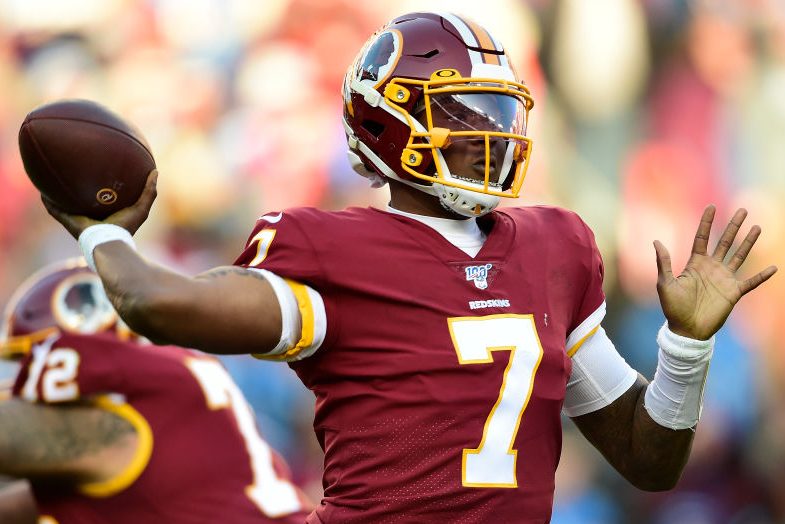
D.C. officials also made it clear via a statement from Deputy Mayor John Falcicchio that Congress will not approve any sale or transfer of the federally owned RFK Stadium site to the city if there was any chance such a decision would allow the local NFL team to build a new stadium with its current name.
All of those moves resulted in Snyder announcing the organization would conduct a “thorough review” of the team’s nickname, which has been a matter of debate since at least the early 1970s. (Why these corporate partners didn’t pull this very obvious lever years ago is another topic of debate for another day.)
“This process allows the team to take into account not only the proud tradition and history of the franchise but also input from our alumni, the organization, sponsors, the National Football League and the local community it is proud to represent on and off the field,” Snyder wrote.
Absent from his statement was any sort of acknowledgment that his team’s name had been offending people since its inception, or an apology for the brand he presides over being named for a racial slur. Those sorts of sentiments were also absent from the team’s announcement that the name would be retired (from a Twitter account still bearing the old name), though the term “Redskins” was used three times:
Even when the team announces its new name, which is reportedly being held up because of trademark issues, don’t expect Snyder to make any apologies or acknowledgments. For him, retiring the name is strictly a business decision meant to appease his investors, keep FedEx as the naming-rights sponsor of Washington’s home field and make it possible for the franchise to build a new stadium on the RFK site.
For Snyder, who has seen Washington limp to a 142-193-1 record and fail to make it past the second round of the playoffs during his more than two decades of leadership, it came down to money, not morality. (Similar to the motivations that led the NFL to reverse its stance on players kneeling during the national anthem to protest racial injustice.)
Despite all that, it is still undeniably a positive development that Snyder’s football will no longer have a nickname that is offensive to Native Americans and objectionable to anyone with a modicum of good taste, and it’s even possible that the changing of the name may be a sign that real, lasting change is coming to the United States. But the retirement of the name and the motivation behind it also proves that even as things change in America, they stay the same. In the land of the free and the home of the brave, it is as clear that the national color that matters most isn’t red, white and blue — it’s green.
The Charge will help you move better, think clearer and stay in the game longer. Subscribe to our wellness newsletter today.
